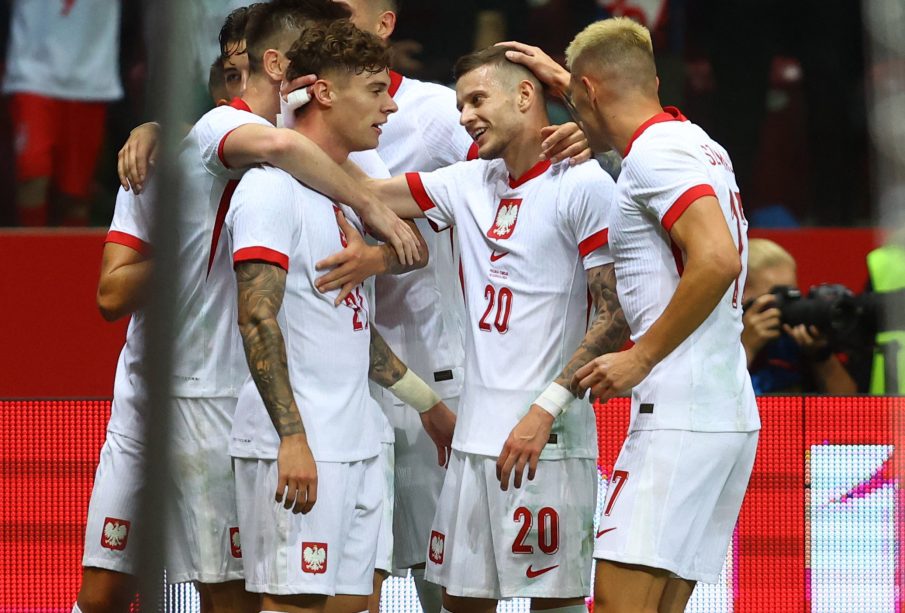Poland and Turkey: NATO’s Eastern Titans Forge Stronger Alliance in Face of Regional Challenges

Strategic Partnership Deepens in 2025
Poland has launched a diplomatic offensive to strengthen regional security and stability, with Prime Minister Donald Tusk recently traveling to Ankara to meet with President Recep Tayyip Erdoğan.
The two nations have emerged as key allies positioned on the eastern and southern flanks of NATO, commanding the alliance’s two largest ground armies in Europe. Poland now hosts the third-largest army in NATO—behind only the United States and Turkey—and leads in defense spending as a percentage of GDP, while maintaining one of Europe’s fastest-growing economies.
Military and Security Cooperation
The defense industry cooperation between the two nations has seen significant advancement, marked by Poland’s landmark purchase of 24 Bayraktar TB2 drones from Turkey in 2021, making Poland the first NATO country to acquire Turkish UAV systems.
Recent discussions between the leaders focused on allied cooperation within NATO, bilateral relations, and economic and security matters. During their joint statement, Prime Minister Tusk emphasized that Polish-Turkish friendship and close cooperation in defense, economy, and resolving geopolitical dilemmas rest on strong and lasting foundations.
Energy and Economic Ties
In the energy sector, Turkey’s position as a gas transit hub, operating the TANAP pipeline with over 16 bcm of annual gas transfer to Europe, complements Poland’s LNG diversification strategy, including its Świnoujście terminal with an 8.3 bcm/year regasification capacity.
Future Outlook
Prime Minister Tusk’s visit to Turkey is part of a broader diplomatic initiative responding to rapidly changing international circumstances. Working alongside EU and NATO partners, Poland is striving to establish a common framework to ensure Europe’s and the world’s security. These initiatives demonstrate that cooperation between Turkey and Poland has evolved from general diplomatic alignment to practical, infrastructure-focused, and defense-oriented collaboration in response to regional challenges.









